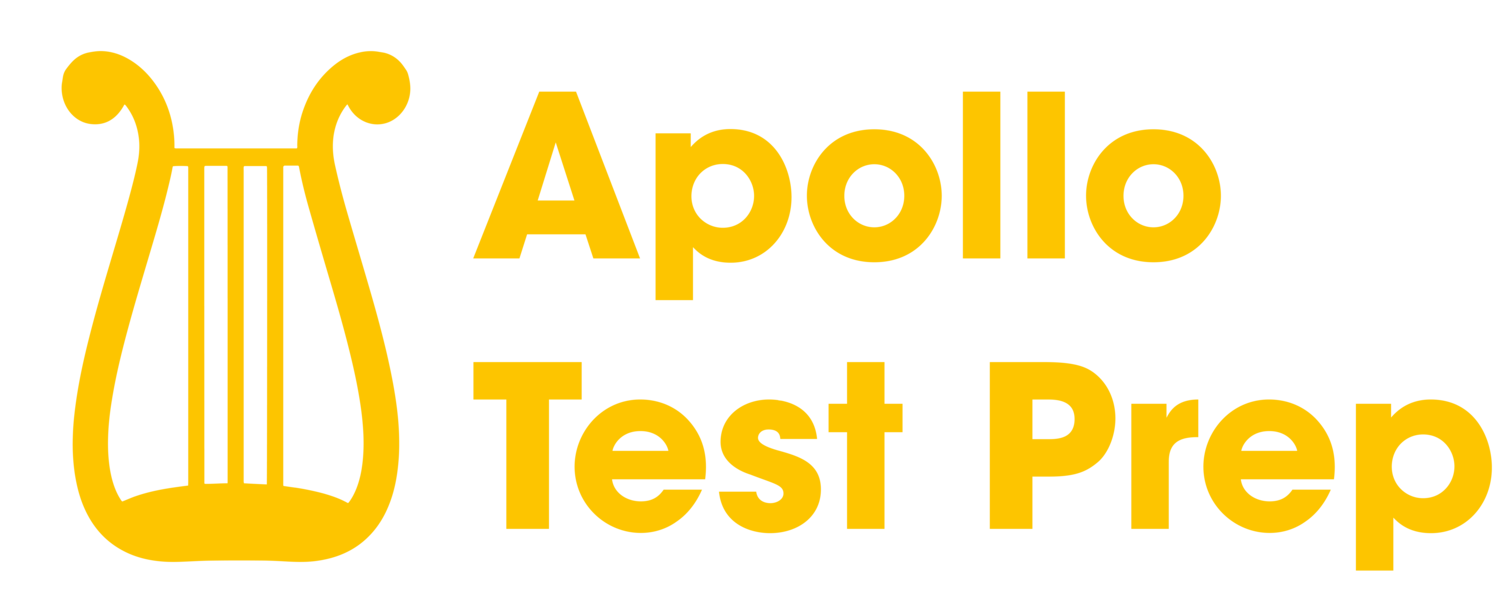LSAT Explanation PT 20, S4, Q17: Using fossil energy more efficiently is
LSAT Question Stem
Which one of the following, if true, most directly undermines the objection above?
Logical Reasoning Question Type
This is a Weaken question.
Correct Answer
The correct answer to this question is E.
LSAT Question Complete Explanation
The question type for this problem is Weaken, which means we're looking for an answer choice that undermines the objection presented in the passage.
First, let's analyze the argument in the passage. The passage states that using fossil energy more efficiently is beneficial for the nation and the global environment, but major improvements are unlikely unless government standards are implemented to eliminate inefficient products or practices. The objection to this argument is that decisions on energy use are best left to the operation of the market.
To make this more relatable, let's consider an example: Imagine a city where everyone uses old, fuel-guzzling cars. The government argues that introducing standards to phase out these old cars would be better for the environment, while the opposition believes that the market should decide when and how to replace these cars.
Our "Evaluate" question for this argument could be: "Do market forces always lead to the most energy-efficient products being chosen?"
Now, let's discuss the answer choices:
a) This answer choice suggests that achieving maximum energy efficiency might be a gradual process. However, it doesn't directly address the objection that the market should make decisions on energy use. Therefore, it doesn't weaken the argument.
b) This answer choice implies that consumers might notice unusual energy inefficiencies in certain products, like automobiles. However, it doesn't specifically address whether the market or government standards would be more effective in eliminating these inefficiencies. Thus, it doesn't weaken the argument.
c) This answer choice discusses the need for support systems when introducing new energy sources. It doesn't directly address the objection that the market should decide on energy use, so it doesn't weaken the argument.
d) This answer choice suggests that consumers will naturally look for ways to increase energy efficiency when energy prices rise. This statement actually strengthens the objection that market forces should determine energy use, so it doesn't weaken the argument.
e) This answer choice is correct because it highlights a situation where the market may not lead to the most energy-efficient decisions. If the purchaser of a product (like a landlord) is not the person who will pay for the energy used by the product, they may prioritize the purchase price over energy efficiency. This weakens the objection that decisions on energy use should be left to the market.
